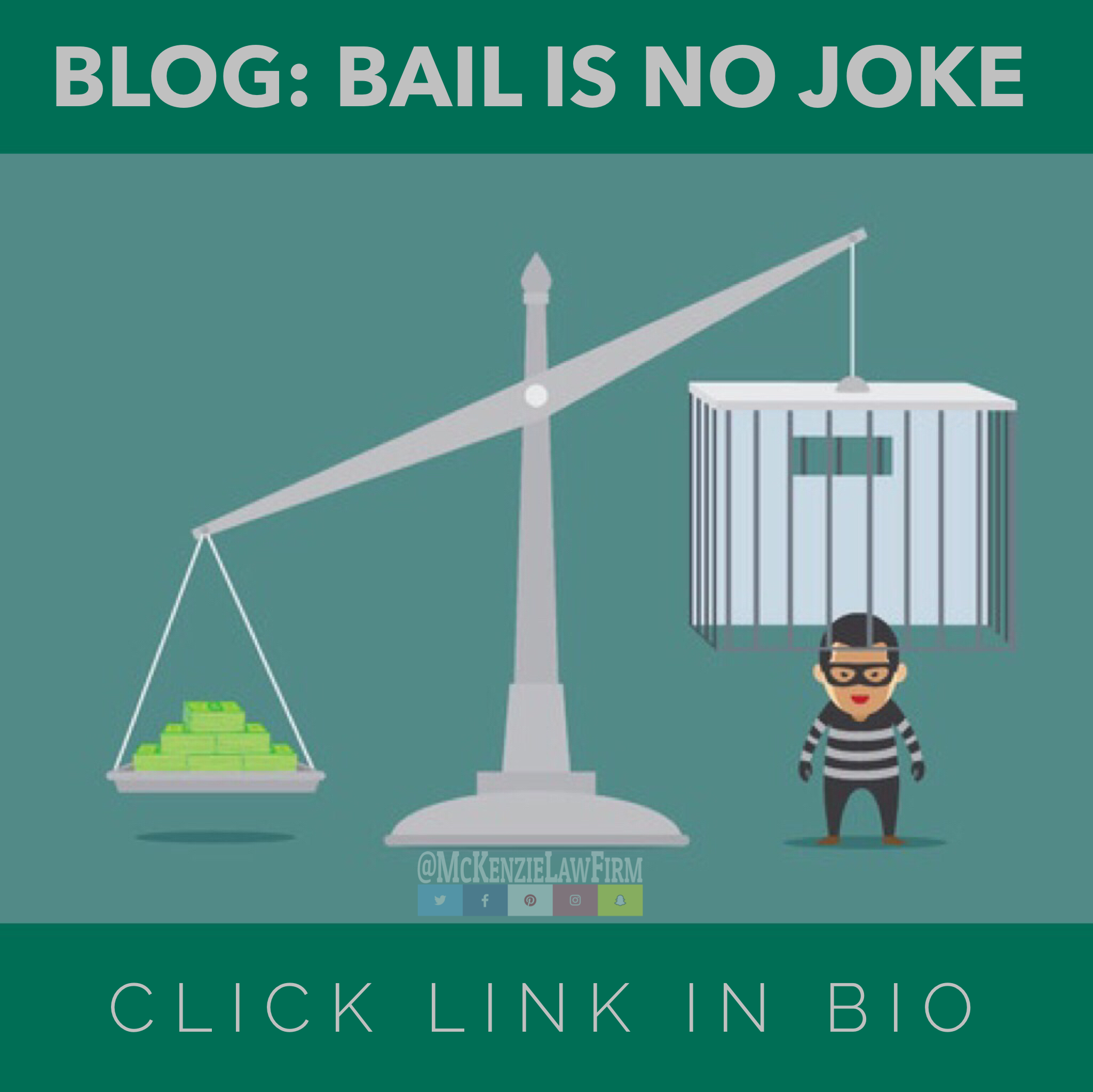Pennsylvania Bail •
A little understood part of the criminal process in Pennsylvania is bail. Bail is a legal term that refers to money you (or someone else on your behalf) is required to pay in order to be released from jail and to ensure your appearance at further court proceedings. Bail is available for all criminal offenses in Pennsylvania except capital crimes and crimes punishable by life imprisonment or where, according to Commonwealth law, “no condition or combination of conditions other than imprisonment will reasonably assure the safety of any person and the community when the proof is evident or presumption great.” Pennsylvania law governing bail can be found here.
Bail: Not Automatic in Pennsylvania
In Pennsylvania, if you have been arrested, it is not necessarily certain that you will have to post bail. Whether or not you are required to post bail is up to the judge presiding over your criminal case. There are multiple options for Pennsylvania judges when setting bail or conditions of release for someone arrested for suspicion of committing a crime: (i) the arrested person can be freed on their own recognizance, meaning the person signs an agreement promising to show up for court appearances without being required to pay any money; (ii) non-monetary conditions of release can be imposed; (iii) the person can be required to sign an agreement stating they will pay a bond if they fail to appear; (iv) the person themselves can be required to post a bond; or (v) the person can be required to post some money and utilize a bail bondsman for the remaining amount of the required bail.
In determining whether to release a defendant on his or her recognizance, a court is directed to consider a number of factors, including the nature of the offense charged; the defendant’s employment status and history; the defendant’s financial condition; the length and nature of the defendant’s residence in the community, the defendant’s age, character, reputation, and mental condition; and the defendant’s prior criminal record. (An entire list of the relevant factors can be found here).
Consequences of “Jumping Bail”
If you post bail but fail to show up for a court appearance, a practice that is referred to as “jumping bail”, then the consequences can be serious. If a person has used a bail bondsman to post bail, then the bail bondsman can sue the defendant for the money the bail bondsman was required to pay as a result of the defendant’s non-appearance. The bail bondsman can also to hire someone to locate the criminal defendant and take him or her into custody. If the person posted the required bail him or herself and skips a required court appearance, then that amount can be forfeited and a warrant issued for the person’s arrest.






